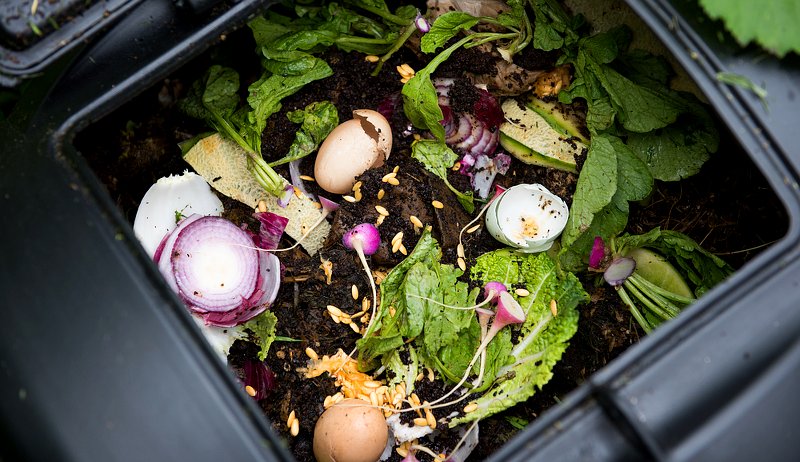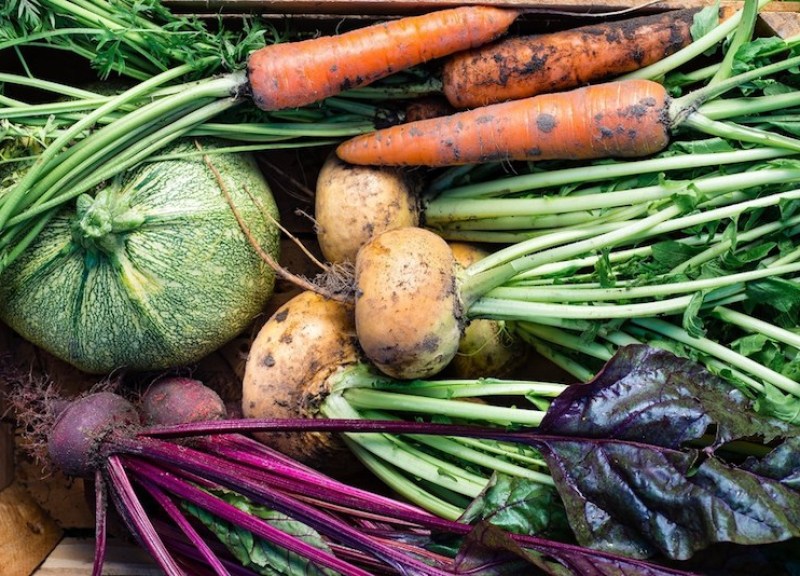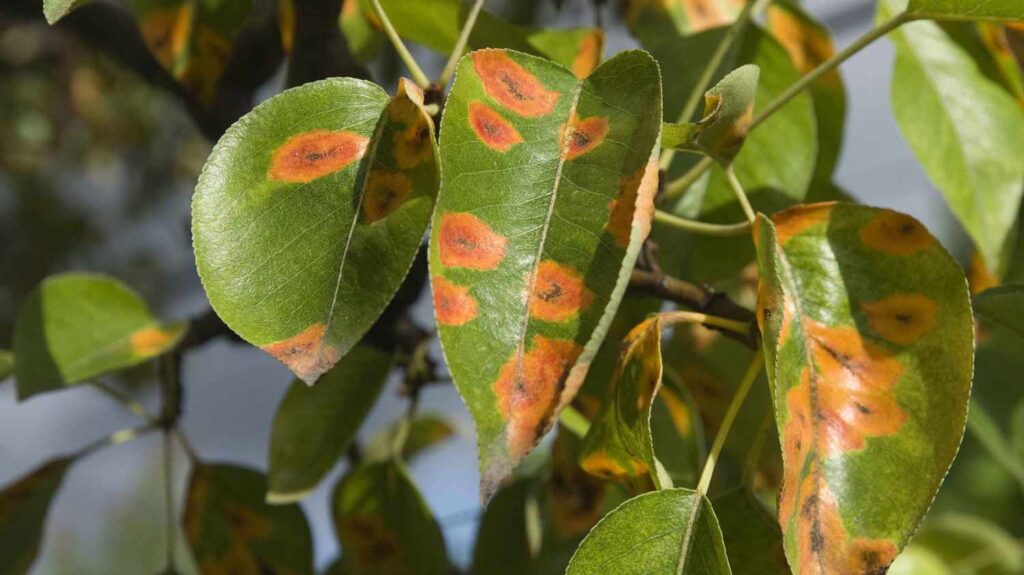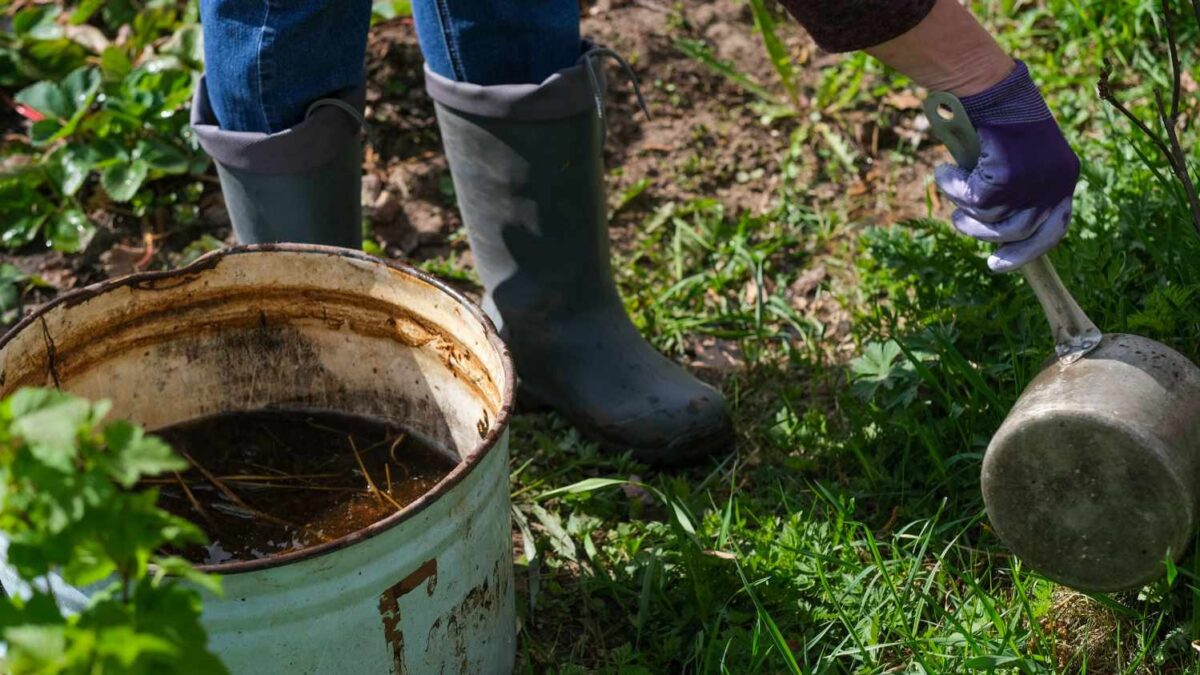Compost tea is a liquid fertilizer made by steeping compost in water. It is a rich source of nutrients and beneficial microbes that can be used to improve the health of your plants. Compost tea can be made at home using a variety of methods, and it is a great way to get the most out of your compost.
Benefits of Compost Tea
There are many benefits to using compost tea, including:
- Increased nutrient availability for plants
- Improved soil health
- Increased resistance to pests and diseases
- Enhanced plant growth and development
- Reduced need for chemical fertilizers
- Increased water retention in soil
- Improved soil aeration
- Reduced soil compaction
- Increased soil fertility
- Increased biodiversity in soil
How to Make Compost Tea
There are many different methods for making compost tea, but the basic steps are the same. Here is a simple guide to get you started:

- Gather your materials. You will need:
- A compost tea brewer
- A source of compost or worm castings
- Water
- Optional: air stones, aquarium pump, or other aeration device
- Prepare your compost or worm castings. If you are using compost, you will need to break it down into small pieces. If you are using worm castings, you can use them as-is.
- Fill the compost tea brewer with water. The water should be non-chlorinated, if possible.
- Add the compost or worm castings to the brewer. The amount of compost or worm castings you use will depend on the size of your brewer. A good rule of thumb is to use 1 part compost or worm castings to 10 parts water.
- If you are using an air stone, aquarium pump, or other aeration device, add it to the brewer now. This will help to keep the tea aerobic, which is important for the growth of beneficial microbes.
- Cover the brewer and let it sit for 24-48 hours. The longer you let the tea brew, the stronger it will be.
- After the tea has brewed, strain it and use it to water your plants. You can dilute the tea with water if you like.
Tips for Making Compost Tea
Here are a few tips for making compost tea:
- Use non-chlorinated water. Chlorine can kill beneficial microbes in the tea.
- Use a variety of materials in your compost tea. This will help to create a more balanced tea.
- Brew the tea in a cool, dark place. This will help to prevent the growth of harmful bacteria.
- Strain the tea before using it. This will remove any large particles that could clog your watering can or hose.
- Dilute the tea with water before using it. This will help to prevent the tea from burning your plants.
- Use the tea within a few days of brewing. The longer you store the tea, the less effective it will be.
Compost Tea for Different Plants
Compost tea can be used on a variety of plants, including:

- Vegetables
- Fruits
- Flowers
- Trees
- Shrubs
- Houseplants
- Lawns
The amount of compost tea you use will vary depending on the type of plant you are fertilizing. A good rule of thumb is to use 1 gallon of compost tea per 100 square feet of plants.
Compost Tea for Different Problems
Compost tea can be used to treat a variety of plant problems, including:

- Pests
- Diseases
- Stunted growth
- Yellowing leaves
- Wilting leaves
- Brown spots on leaves
- Root rot
- Blossom end rot
To use compost tea to treat a plant problem, simply apply it to the soil around the plant. You can also spray the tea on the leaves of the plant.
Compost Tea for Prevention
Compost tea can also be used to prevent plant problems. By regularly applying compost tea to your plants, you can help to improve their health and resistance to pests and diseases.
Conclusion
Compost tea is a powerful tool that can be used to improve the health of your plants. It is easy to make and use, and it is a great way to get the most out of your compost.

